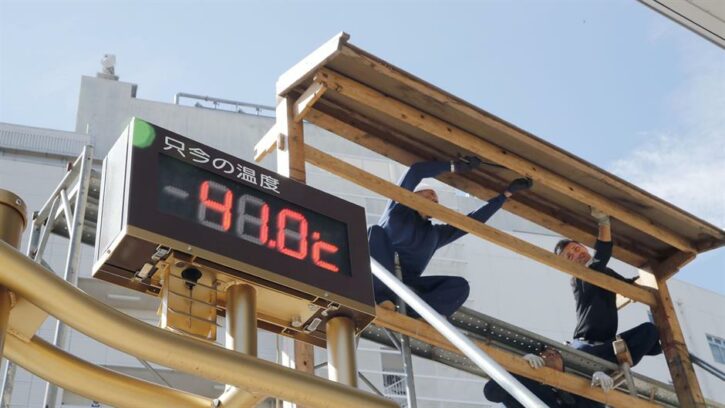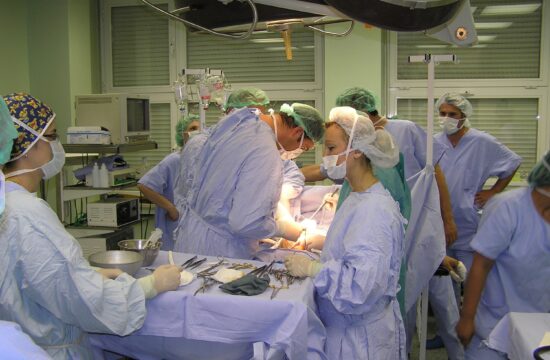
Dozens of people have died across Japan as the country continues to swelter under scorching summer temperatures.
At least 44 people have died since July 9, with 11 dying on Saturday alone according to Kyodo News.
In Kumagaya, a city near Tokyo, the mercury rose to 41.1 degrees, the highest ever on record in Japan, according to the Japan Meteorological Agency, almost 12 degrees hotter than average temperatures at this time of year.
Temperatures had eased off slightly on Tuesday, but were still forecast to rise to the high 30s in both Kumagaya and Tokyo. Schools across Japan – which are currently on summer break – have cancelled sporting and outdoors events.
The Hanagasa Junko parade, the second largest event of the Gion Matsuri festival, has also been canceled due to high temperatures.
Around 300 children and elderly people were expected to parade in Kyoto on Tuesday, but organizers said the heat made it too risky.
Oppressive heat leading to the cancellation of events will be particularly nerve wracking to the organizers of the Tokyo 2020 Olympics, which are due to start in two years this week. Preparations are already in place to deal with potential heat issues, NHK reported this week.
“There is a chance that high temperatures will continue until the beginning of August,” chief cabinet secretary Yoshihide Suga told reporters Monday.
As of Tuesday, the authorities have continued to forecast extreme high temperatures – exceeding 35C – for most of Honshu, Shikoku and Kyushu islands, with northerly Hokkaido the only one of the country's four main islands to escape the scorching heat.
“Potential for heat illness is higher than usual,” the agency said, adding that people should “take appropriate measures,” including drinking lots of water, staying away from direct sunlight and using air conditioners.
According to AccuWeather analyst Joel N. Myers, the death toll is “likely already in the hundreds despite the official toll of somewhat more than two dozen,” and may rise beyond that.
CNN Meteorologist Michael Guy said an upper high level pressure system was blocking other weather systems – such as a cold front – from coming through, “thus a dome of heat built over Japan and surrounding regions.”
“Climatologically speaking, temperatures are ranging from 4°-7°C above normal for many cities, so factor that in with the humidity for many days on end and the heat stress on the body can lead to heat exhaustion or heat stroke,” he said.
According to Myers, in parts of Japan which do not often experience high temperatures, air conditioning is less prevalent, meaning people do not have cool locations to go for relief.
A government survey published last year found only around 42 percent of public elementary and middle schools had air conditioning, and most apartment buildings do not have centralized climate control systems.




